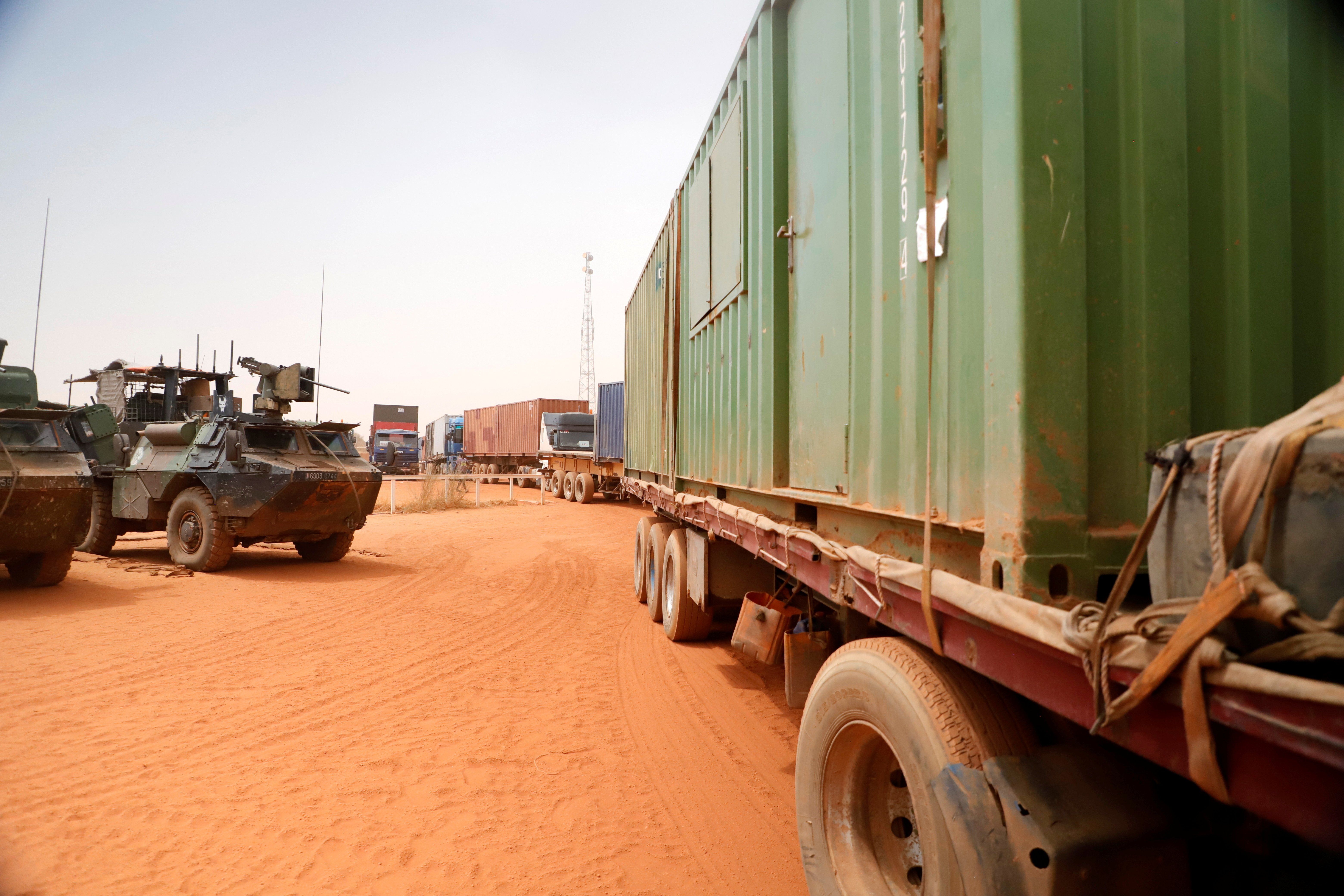The UN this week laid out a timeline for withdrawing peacekeeping troops from the West African state of Mali – a mission that UN chief António Guterres has called “unprecedented” because of the vast logistical and security challenges.
Roughly 13,000 UN peacekeepers and police – and 1,786 civilian staff – will be out of the country by Dec. 31, with their infrastructure handed over to Mali’s military government. The withdrawal of UN forces, who’ve been in the country for a decade, is a huge development in a state long plagued by ethnic strife, poverty, and Islamic insurgents.
Some quick background. The landlocked Sahelian country has been grappling with relentless violence since a military coup in 2012, which gave an opening to an expansive Islamic insurgency that’s since spilled over into neighboring countries.
Years of instability have given rise to multiple military coups since then, most recently in 2021. Last year, that junta expelled French soldiers deployed there to help quash jihadist violence. And most recently in June, Mali’s junta leaders – who have close ties to Russia’s Wagner Group, whose troops they invited to help keep things “under control” – ordered UN peacekeepers to leave.
The withdrawal is now a massive operation for the UN, which will try to evacuate troops and equipment from a hostile environment overrun by rival armed groups and terror cells. (Consider that the UN recently said that the Islamic State doubled the amount of territory it holds in less than a year.) Making matters worse, neighboring Niger, a transit country, recently underwent its own military coup and can’t be considered a safe passage.